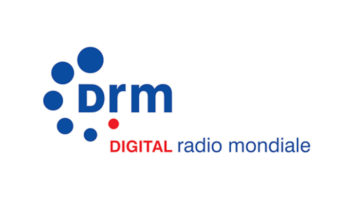Women and families in China victimized by human rights abuses need Voice of America and Radio Free Asia broadcasts, in the opinion of Ann Noonan.
She’s executive director of the Committee for U.S. International Broadcasting, which describes itself as a non-partisan media freedom advocate. The group has been critical of BBG restructuring and programming goals, and has called for the board itself to be reformed.
Noonan spoke at a conference in New York on family planning policy and population development in the People’s Republic of China. It was sponsored by Women’s Rights in China and Women’s Rights Without Frontiers, headed by members of CUSIB.
“We are relived that for the second year in a row, the U.S. Congress has publicly rebuked the Broadcasting Board of Governors for trying to silence broadcasts to places like China,” Noonan continued, according to a transcript. “We are delighted that the U.S. Congress has assured the American taxpayer that programs like Voice of America Mandarin, Cantonese and Tibetan radio broadcasts will remain in place.”
She praised BBG member Victor Ashe for fighting “against the tide for Voice of America Mandarin, Cantonese and Tibetans services — especially the radio broadcasts — to remain intact, and for the journalists who work in these areas to keep their jobs.” She said board members Michael Meehan and Susan McCue “worked to support the restoration of funding for Voice of America Tibetan radio broadcasts,” and she commended their “courage to break from the goals of the BBG and IBB management.”
According to a statement summarizing her remarks, “China’s one-child policy has led to forced abortions and sterilizations of women. It is also blamed for a dramatic increase in trafficking in women and children affecting China and other Asian countries.”
CUSIB said VOA and RFA programs “are believed to be a vital source of uncensored information for many women and their families who are opposing the Chinese government’s family planning policies. Many of these women live in rural communities. VOA and RFA websites are censored and blocked by the Chinese government, leaving radio and to some extent satellite TV as the only accessible, affordable, and safe method of receiving uncensored news.
Noonan’s remarks (PDF).












